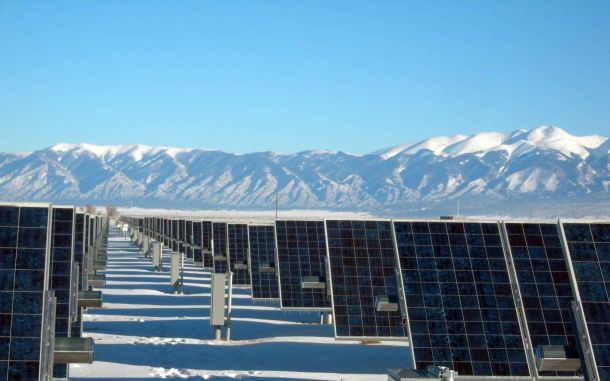Technological Invention
John Muir, the founder of the Sierra Club and regarded by many as the Father of America’s National Parks, had a love for technological invention. John Muir was a practical man; his work to protect and preserve the natural wilderness was not motivated by abstract idealism.
John Muir, the founder of the Sierra Club and regarded by many as the Father of America’s National Parks, had a love for technological invention. John Muir was a practical man; his work to protect and preserve the natural wilderness was not motivated by abstract idealism.
He knew that the wilderness experience holds real intrinsic value worth preserving. When a person spends time in a pristine wilderness environment his, or her, mind and body experience a renewal that cannot be found in any other way. This, John Muir believed, has real value and is something that should be preserved for present and future generations.
John Muir was an inventor, he loved machines and technology, and he was a student of science. If John Muir were alive today he would be part of the effort to develop clean hydrocarbons in order to prevent air and water pollution and preserve the economic progress made possible by cheap mechanical power.
Everybody needs beauty as well as bread, places to play in and pray in, where nature may heal and give strength to body and soul alike.
– John Muir, The Yosemite (1912)
American technology has put a man on the moon, built an orbiting space station, mapped the human genome, and successfully landed robotic exploration vehicles on Mars. It seems reasonable to believe that American scientists and engineers could also achieve a down-to-earth practical accomplishment like developing technology that can create clean synthetic fuels from America’s vast fossil fuel reserves (heavy crude oil, coal, and oil shale) without polluting the environment.

